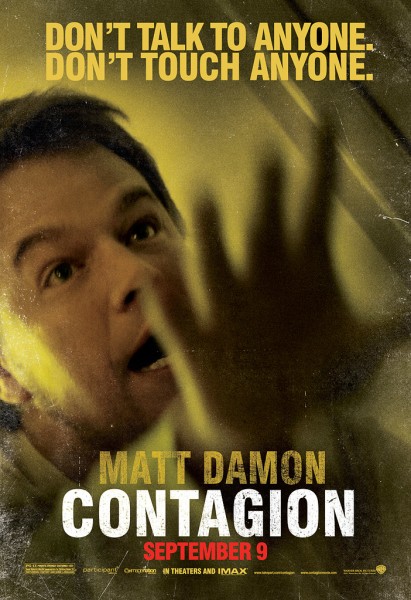Eight seasons is a hell of a long run for most network television shows today, and to maintain a semblance of quality that late in the offing, a pretty hard task. Grey’s Anatomy started off quietly, morphed into a sensation propelled by a mix of romance-and-thrills best exemplified by that spectacular bomb in the body episode. From peaks like that, the only way to really go is down, and sure enough, the hospital drama sank to a soggy melodramatic mess somewhere over the course of its third season. There was a bit of a resurgence in the fourth season, and steadily the show recovered to find its bearings, with all the elements coming together for thesixth season finale – easily one of the most thrilling/ gut wrenching pieces of television to air in the history of the medium. There was no way to really top the nerve wracking tension of that episode – and Grey’s, to its credit, didn’t try. Instead, it went into the seventh season exploring the fallout of the incidents of the finale on each character, taking them on a journey of recovery, leading to a wonderfully introspective series of episodes that dealt with people in pain pushing each other forward.
The show had re-found its groove and stuck with it, and as we left it at the end of the seventh season, the brilliant (and often brilliantly cold) surgeon Cristina Yang was struggling with the news that she was pregnant. Her surgeon husband Owen wants the kid. She doesn’t. Her resolute refusal to listen to him leads him to walk away from her at the season’s end, and we’re left with uncertainty regarding their – and the kid’s – future.
Snap back to the season eight premiere and Yang still hasn’t got the abortion. My first reaction was to groan: were we going to have to deal with yet another instance of a woman discovering that true, lasting happiness can only be determined by having a child? Is this, the most ruthless, motivated, and talented surgeon in the galaxy of Seattle Grace-Mercy West hospital going to decide that her career can take a mild detour while she savours the delights of motherhood?
Grey’s answered: an emphatic No. In a set of ravishingly powerful monologues, Cristina expresses her regret at her inability to even want a child, but emphasizes that that’s exactly the case – she just does not want to have and raise a child. “I don’t want to make jam. I don’t want to carpool. I really, really, really don’t wanna be a mother. I want to be a surgeon, and please—get it.”
I got it, and so does Meredith, who serves up an ever more powerful speech to Owen: “Do you know what it’s like to be raised by someone who didn’t want you? I do. To know you stood in the way of your mother’s career? I do. I was raised by a Cristina. My mother was a Cristina, and as the child she didn’t want, I’m telling you: Don’t do this to her because she’s kind and she cares and she won’t make it. The guilt of resenting her own kid will eat her alive.”
This is enough for Owen, who finally comes around, and tells Cristina he’ll accompany her for the procedure. And then, in a beautifully directed final scene, with a typically lush piece of indie music in the background, she lies on the table, heartbreakingly fragile, holds Owen’s hand, allows the inevitable grief of the process to catch up with her, and goes ahead with the abortion.
And with that moment, Grey’s Anatomy became essential, groundbreaking television once again.
Sure, we’ve witnessed abortions on prime-time television before. But look at the caveats – they’ve involved teenage pregnancies, or those that were conceived in affairs and need to be hidden, or some other convenient plot device. The overwhelming majority involves instances where characters come to miraculously realize how having a kid will transform their lives for the better, and enter into the halo of motherhood.
You know what? Bullshit. Every one of these shows has contributed in laying out a route for the woman that still needs to end in contracting into a painstakingly constructed idea of womanhood. The only juncture at which it is appropriate to not have a child is when circumstances simply force you not to. That doesn’t sound like a pro-choice argument to me. What Grey’s did so powerfully last night was allow a happily married, successful woman, whocould have afforded to have a kid and still continued to be happy and successful, choose not to. No preaching, no moralizing, no judgments.
Power to you Grey’s. At a moment where most shows would be wheezing out their final, clunky denouements, you’re powering on to pop-cultural significance.








